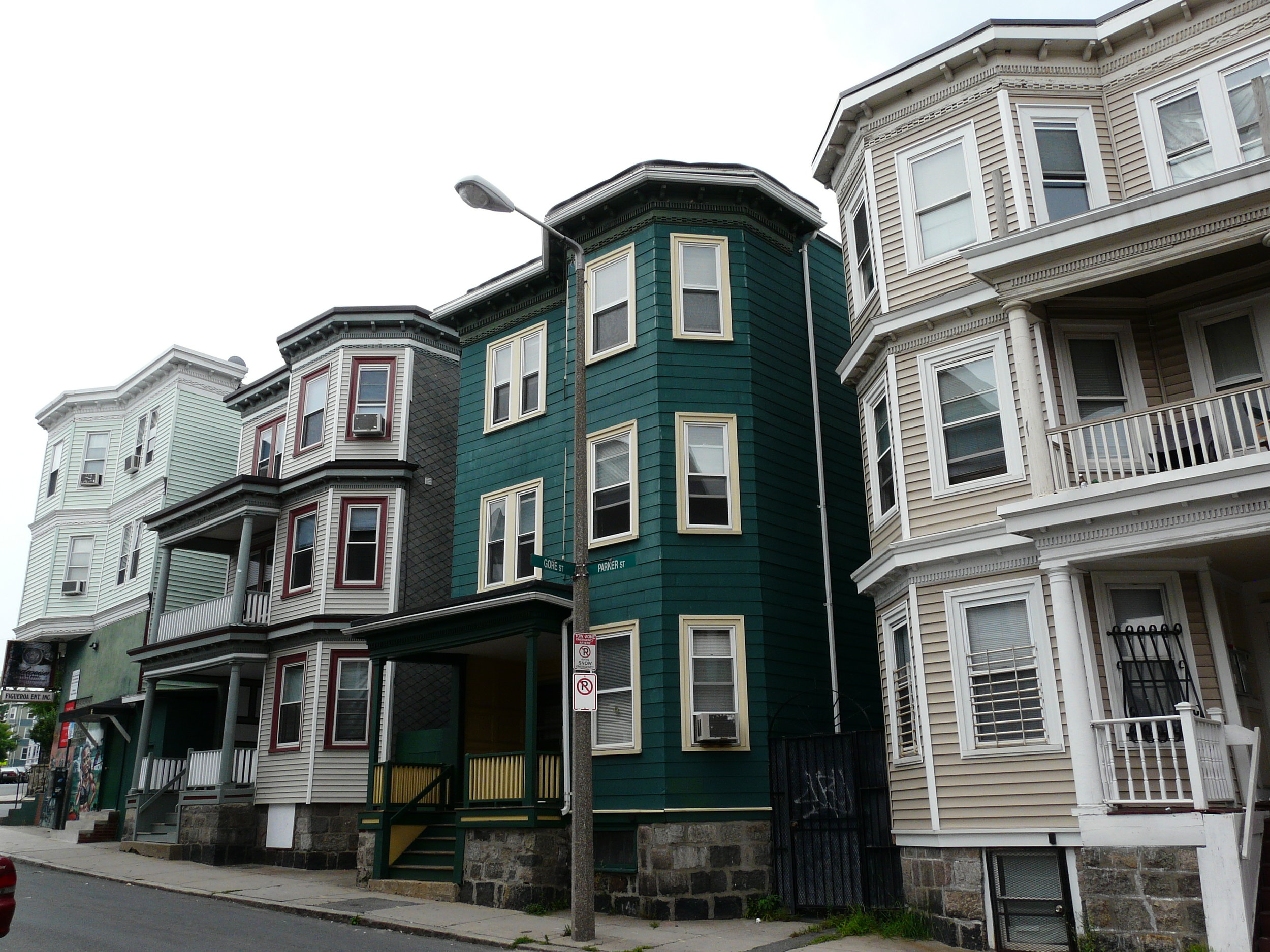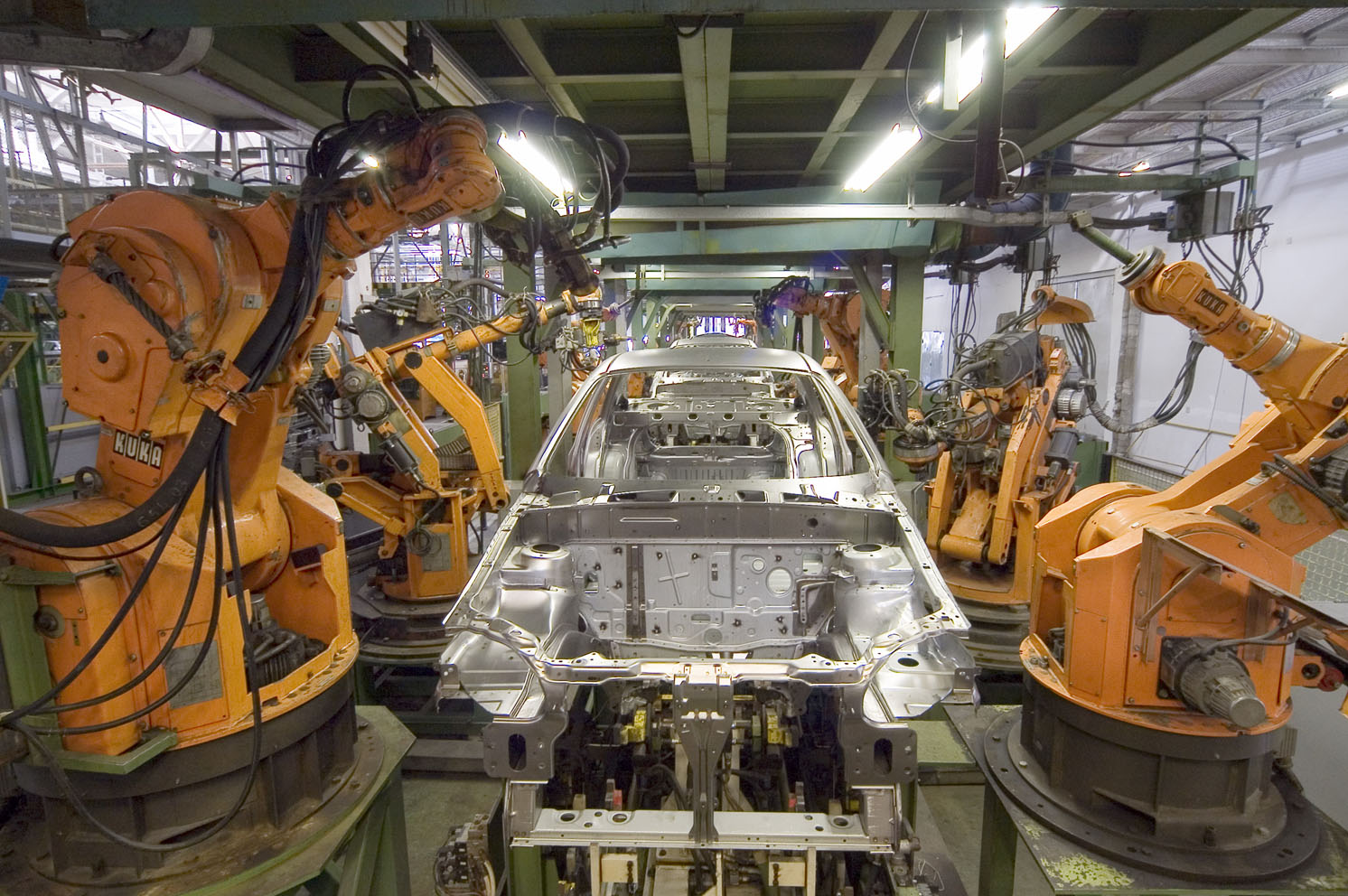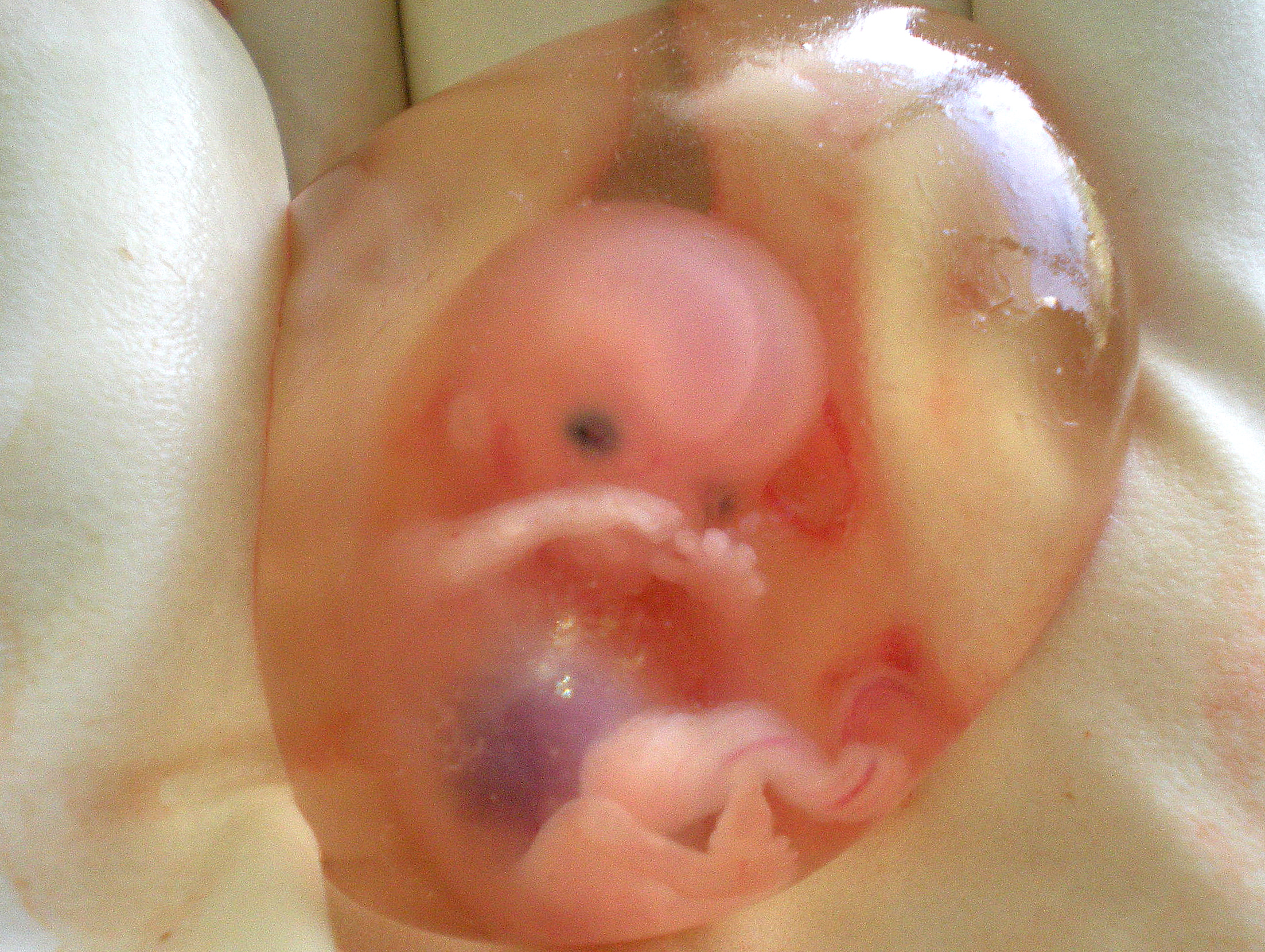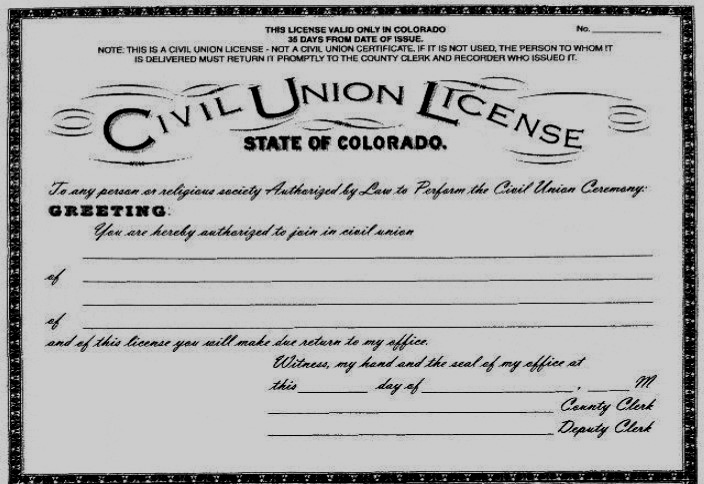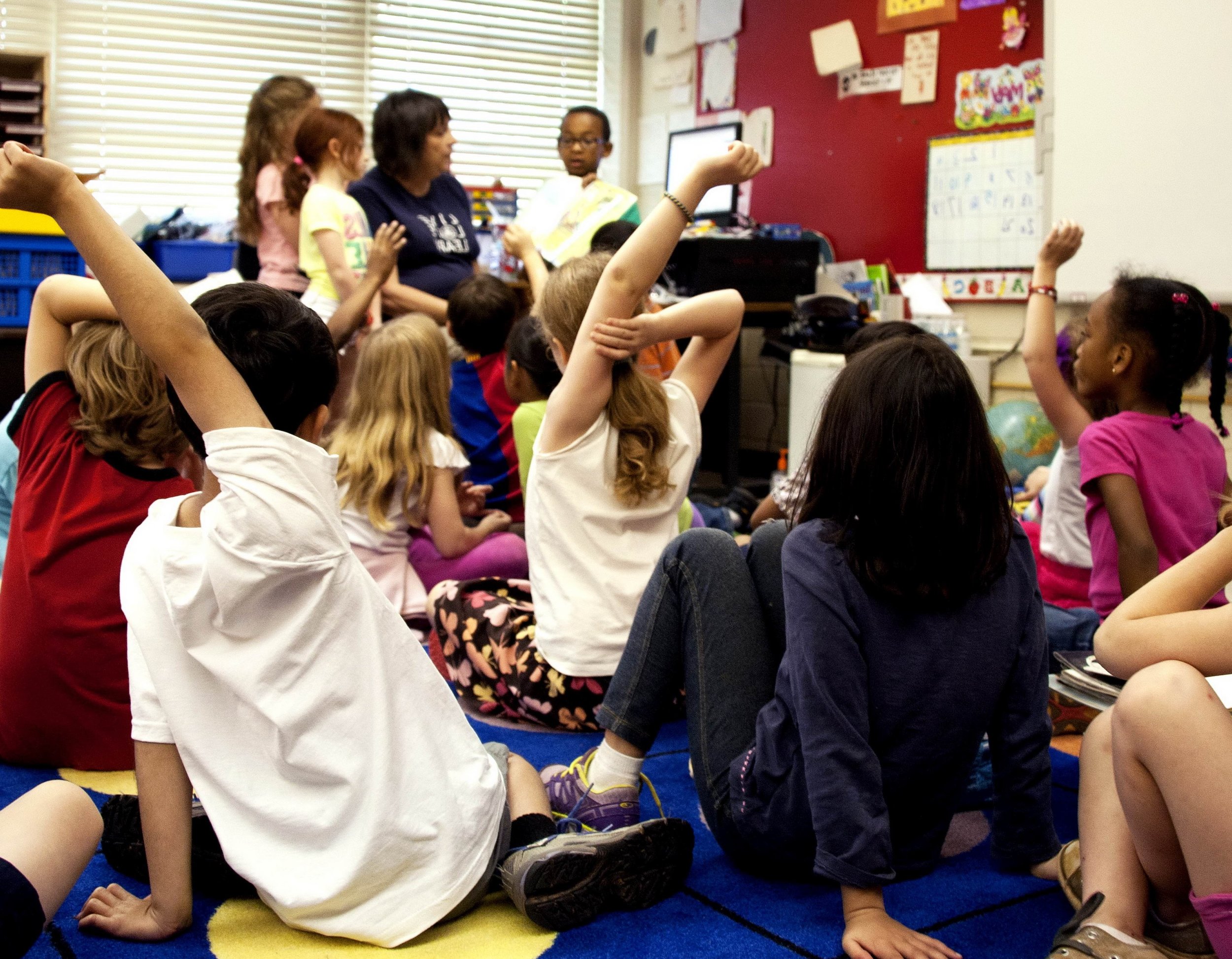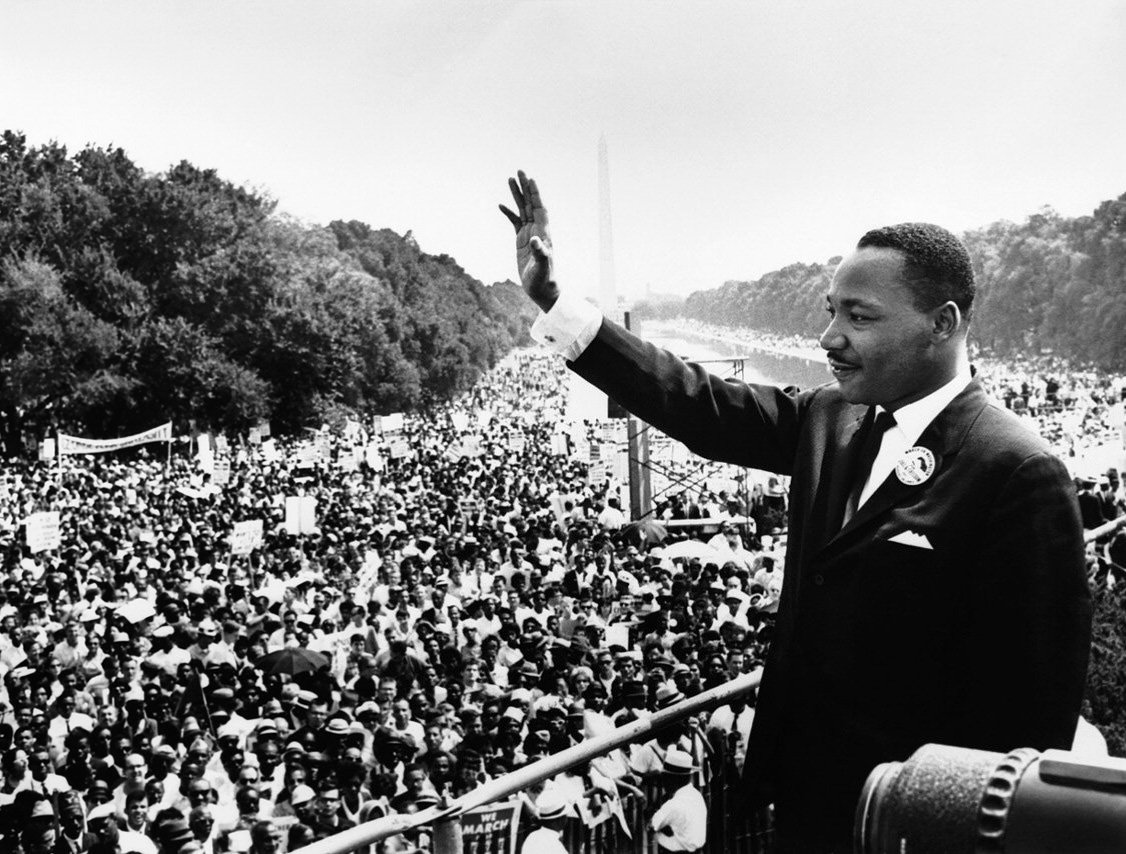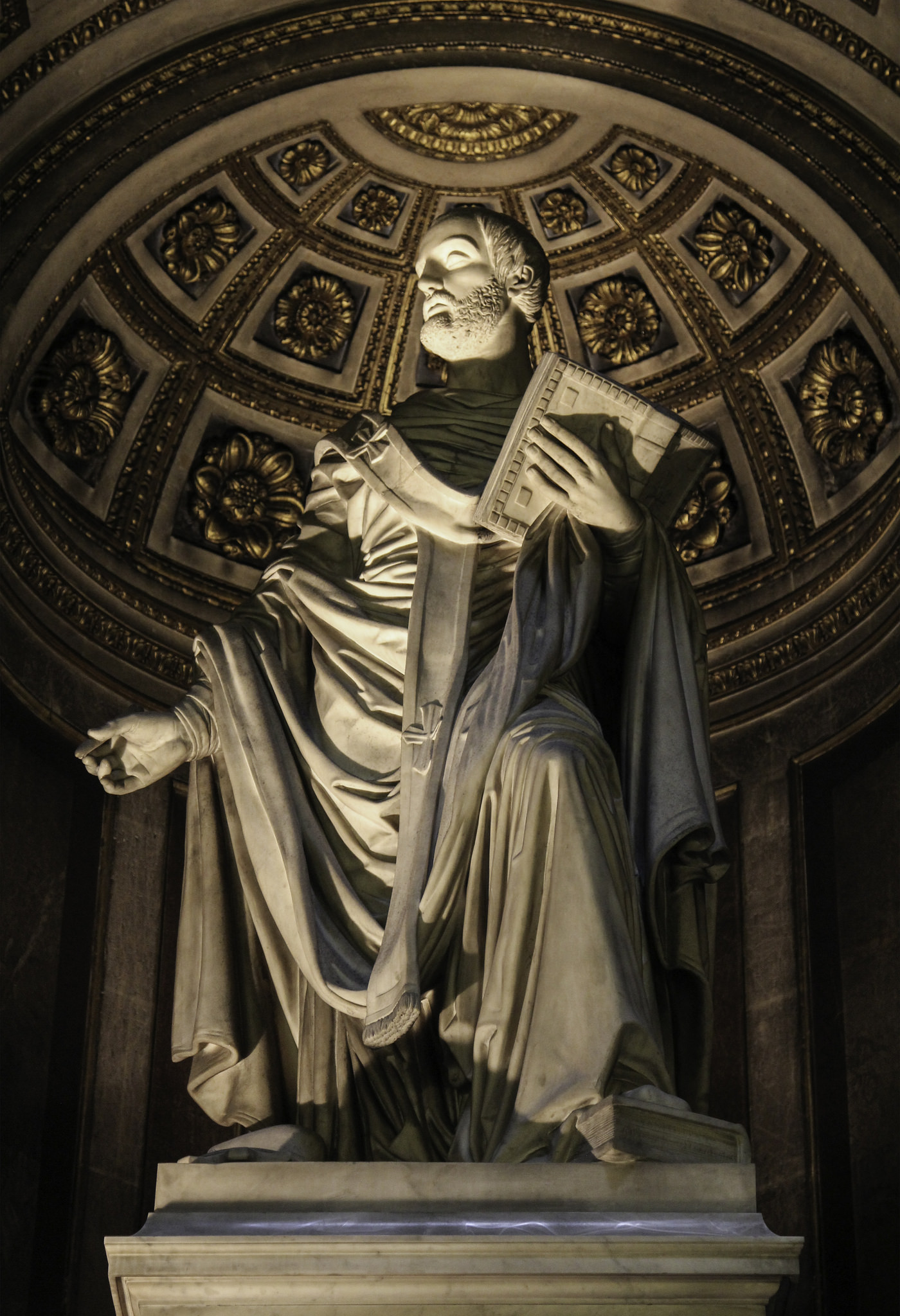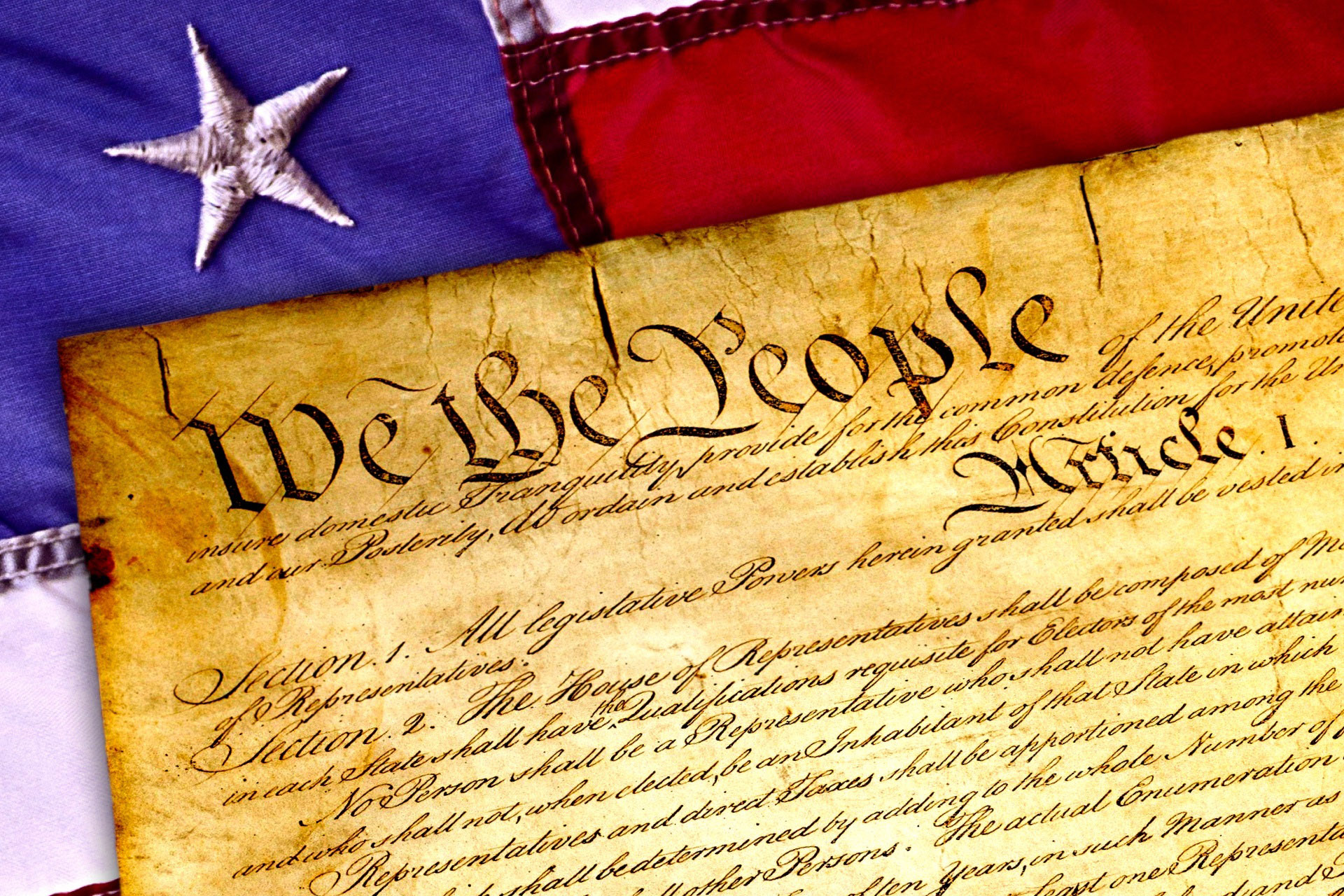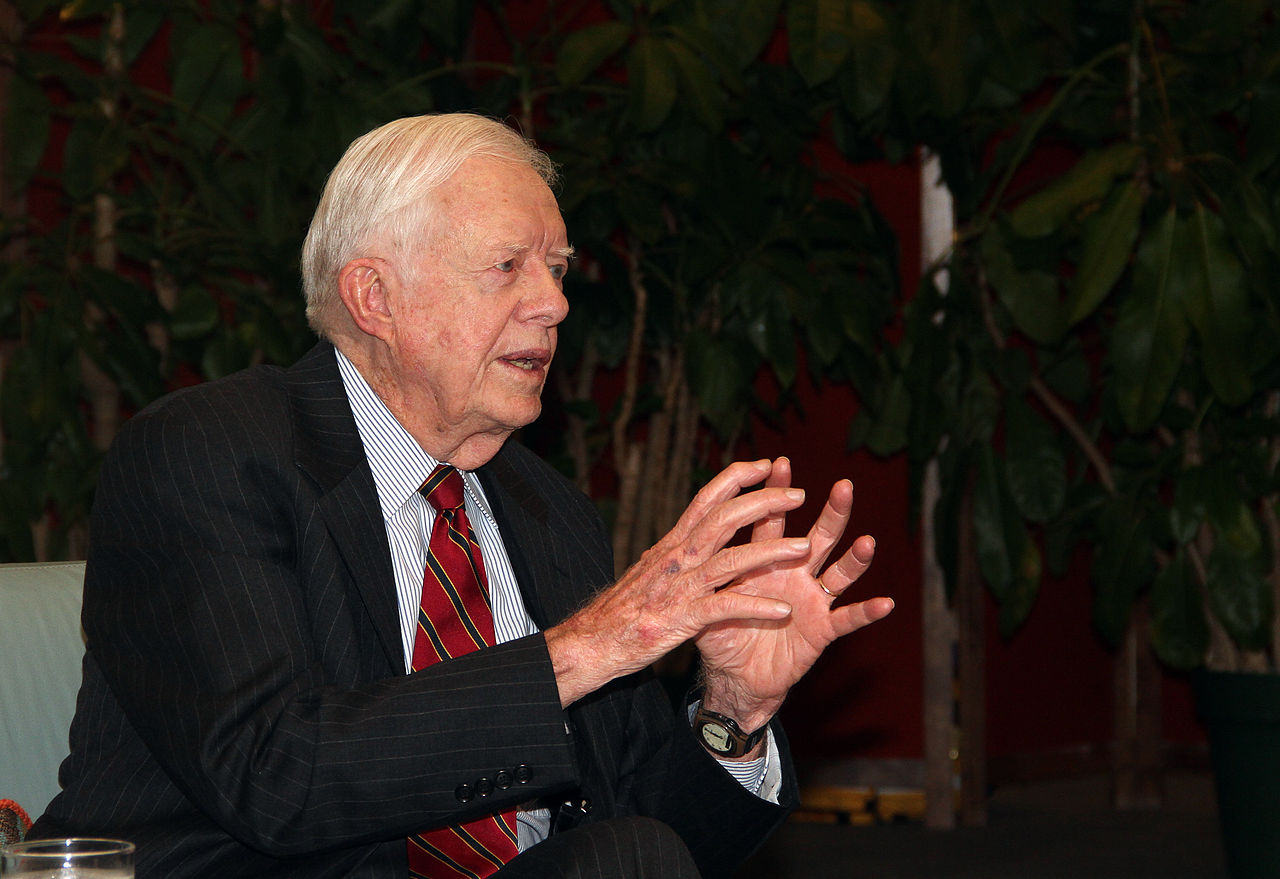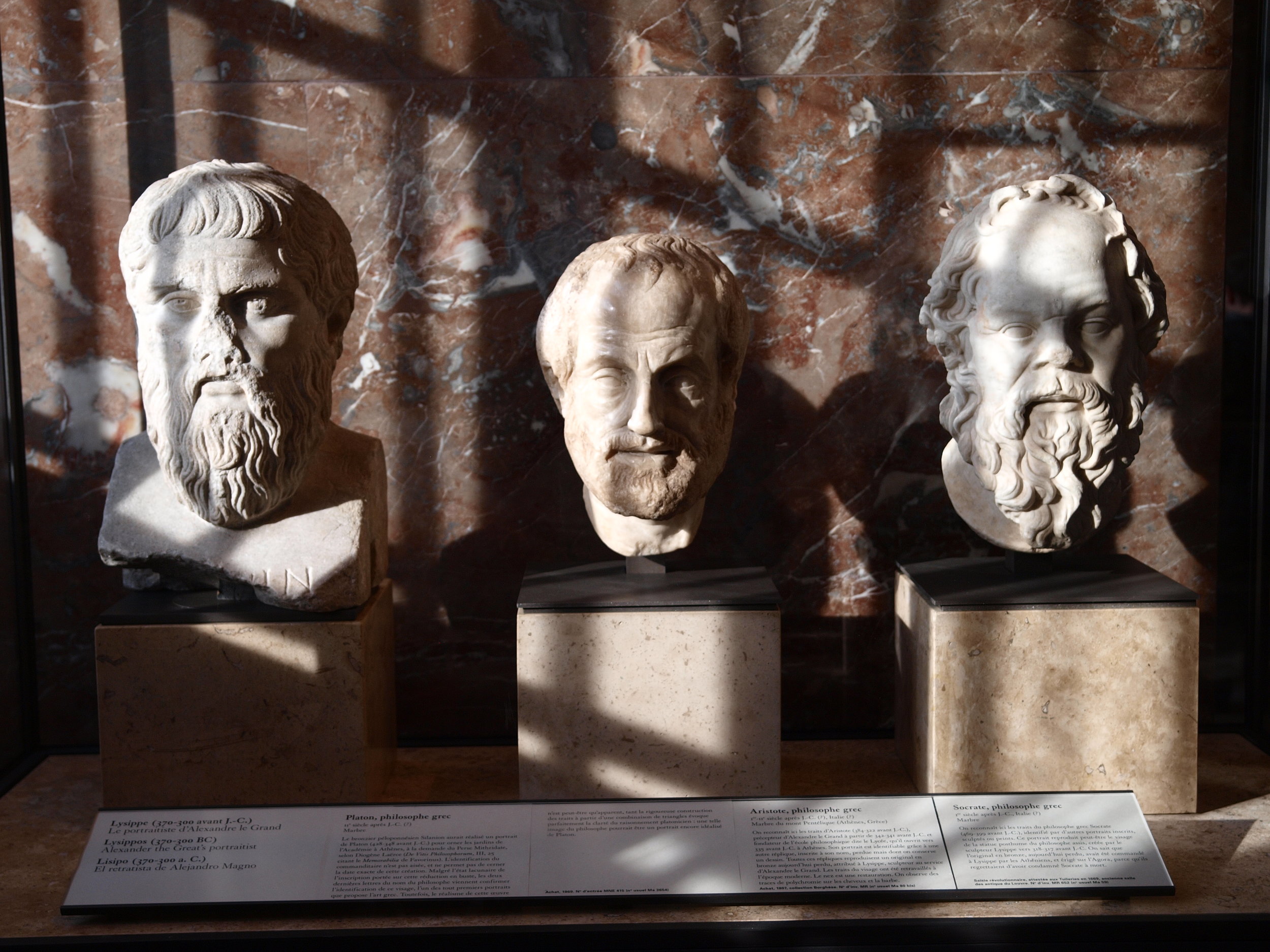Christian Restorative Justice, Business, and Economics
Picture credit: freeGraphicToday | CC0, Pixabay.
Introduction
These resources explore moral and ethical problems in economics, held up against God’s creation order and God’s vision for relationships between human beings, and also between human beings and the created world. One important principle is highlighted by Khaled Hosseini’s The Kite Runner:
"There is only one sin, only one, and that is theft. Every other sin is a variation of theft. When you kill a man, you steal his life. You steal his wife's right to a husband, rob his children of a father. When you tell a lie, you steal someone's right to the truth. When you cheat, you steal the right to fairness." (Khaled Hosseini, The Kite Runner, p.17 - 18)
The following video clips are from our 2019 Conference: Healing Atonement and serve as examples of what you will find. The first video highlights how the housing market is not meritocratic, and is quite racist. The second video highlights how the commandments of not lying and not stealing raise serious concerns about corporate limited liability.
Messages and Resources on Christian Restorative Justice, Business, and Economics
Slides of a presentation given to the 2022 Reconstruction class. The introduction features John Winthrop vs. Roger Williams to highlight the debate over freedom of religious Conscience vs. Christendom. The presentation highlights Christian accomplishments in health and hospitals, education and schools, land ownership and economic justice, and criminal justice reform.
Presentation given October 2, 2021 to the Reconstruction class. Explores early Christian emancipation and abolition. While Christians did not eliminate all forms of servitude, since servitude for civic penalties, indebtedness, war captivity, and self-indenture persisted, Christians eventually did eliminate what we know as chattel slavery. The presentation examines the Old Testament institution of the Hebrew ebed servant, and the New Testament approach to Greco-Roman modes of servitude. We glance at how colonialism and Trans-Atlantic slavery deformed traditional Christian teaching, mindful that more slavery exists today across the globe than every before, and that in the U.S., indebtedness and incarceration show that we have greatly exaggerated the claims that the U.S. has done better than the Bible on “slavery” and its constellation of challenges.
Wayne Grudem's Misuse of Scripture in Politics According to the Bible
This is a blog post critiquing Grudem’s chapter about economics. Grudem argues for a minimal state with no public lands or public functions, because he believes that all land and property must be private. He misunderstands very important biblical passages like Leviticus 25. See also this humorous take by Kanosea, The Gospel of Supply Side Jesus. Imgur, Apr 9, 2014.
Christian Restorative Justice: Human Dignity, Work, and Wealth
These are slides to a presentation on the biblical vision of jubilee economy is compared to the intergenerational inequality perpetuation of modern American capitalism.
Christian Restorative Justice: Beyond Charity - God's Restorative Justice for Children and Families
These are slides to a presentation given to Boston Chinese Evangelical Church, on biblical basis for supporting children regardless of what their parents did or endured. Provides many examples from church history of Christians providing education, public goods, etc. broadly.
Sangwon Yang and Mako Nagasawa, Reparations and the Key Question in Restorative Justice
One of the fifteen blog posts that make up the curriculum, A Long Repentance. This post explores the question of the role of public-private partnerships in economic development, in a forward-looking and responsive way, not only in a backward-looking way. It does argue that since the U.S. government played such a strong role in certain industries and regions, it should do so as part of an industrial policy and social policy. A 10 - 15 minute read.
Debate on Facebook with LF About Vaccines and Anti-Trust
A debate on May 13, 2021 about COVID-19 vaccine development. Mako advocated for using anti-trust policy to limit the power of major vaccine supply-chain corporations, in order to bring down costs and increase capacity. LF argued against based on the notion that government interference usually produces bad results.
Christian Restorative Justice, Business, and Economics: Topics:
This section on Economics includes the following pages: Economics Metrics identifies and critique the metrics we use. Public-Private Partnerships defends government involvement as a permanent fixture of economic growth, historically and philosophically. Environment examines many aspects of conservation, climate change, sustainability, and human health. Taxes examines models of taxation, claims by adherents, and effects. Housing Policy highlights how housing should be considered a human right, with better planning, zoning, and accountability. Corporate Law examines monopoly, limited liability, regulation, and other features of business law. Labor highlights the importance of labor over capital investment. Automation examines the impact on people and communities. Wealth Inequality and Power Inequality track the historical ups and downs, along with the ideologies used to justify them. Media examines media companies as economic and political agents, especially rightward media.
Christian Restorative Justice Critique of the Right: Domestic Policy Topics:
This page is part of our section Critique of the Right, which engages the following topics: Banking and Finance examines the economic and political power of financial institutions; Bioethics discusses abortion policy; Business and Economics examines economic theories, taxes, housing, environment, corporate law, labor law, automation, and inequalities of wealth and power; Civil Unions makes the Christian case for civil unions for all and removing marriage from the culture wars; Criminal Justice examines crime statistics and definition, policing, prosecution, sentencing, prisons, and reintegration; Education examines public education and conservative resistance to it; Environment and Health highlights the many challenges we face related to animals, climate change, food, and health systems; Government Corruption spotlights political compromises and dealings contrary to the public good; Gun Rights examines gun policies and rhetoric; Media spotlights failures of, and possible fixes to, left-wing or left-leaning media; Power and Politics highlights the impact of racial considerations and racism on political campaigns, voting rights, public investments, and other political procedures; Race examines the impact of white supremacy on virtually every aspect of American life.





